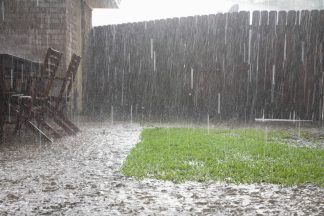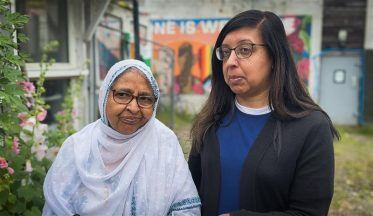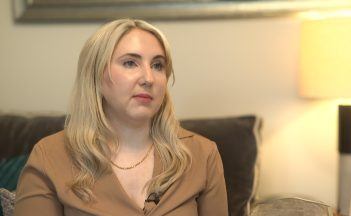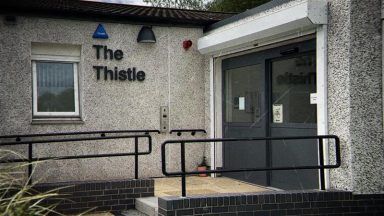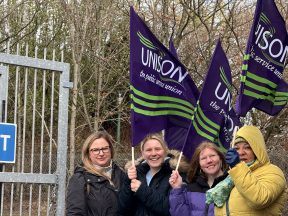The coronavirus pandemic has had a huge impact on all our lives. But for many black, minority ethnic, asylum seeker and refugee women living in Scotland, Covid-19 has presented new urgency to challenges and exemplified issues long-encountered.
Saheliya is an organisation that supports women and girls in the Edinburgh and Glasgow area. Many of our service users are isolated, depressed and experience racism and other discrimination; inevitably some are also survivors of forced marriage, in-law abuse, honour based violence, and of female genital mutilation (FGM).
Under lockdown there is an increased risk to their safety and wellbeing. Between the beginning of April and end of June 2020 we contacted over 1100 women from more than 50 different backgrounds regularly in 14 community languages.
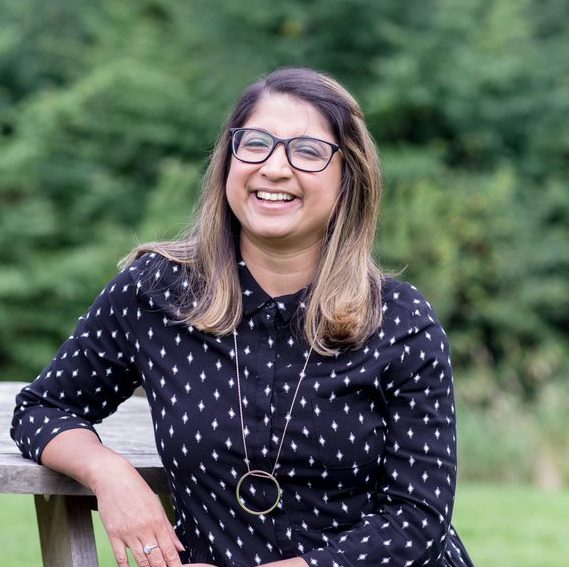 STV News
STV NewsWomen and girls have been out of sight for many weeks, leaving plenty of time for the most visible signs to disappear – including FGM. Many fathers and brothers have lost their jobs or had their hours reduced; it takes weeks for universal credit to be approved. Some families are not allowing young people to go out at all due to the higher risk of the virus. This adds to anxiety and depression, and increases risks to their safety.
Those seeking asylum, with unsettled immigration status due to leaving an abusive situation, or seeking custody of their children, are having to spend an even longer time in limbo with legal processes slowed down. Already traumatised, the extended wait for an end to the uncertainty further damages mental wellbeing.
Our staff have worked hard to continue to provide vital support. It hasn’t been easy though. They are working from home and services are now held virtually as much as possible. It is even more time-consuming than usual to support women, to provide evidence to a housing agency or immigration for example, causing our service users further anxiety. We have to be cautious raising issues on the phone in case someone overhears the conversation. This increases risk.
Information technology has been the solution to so many issues during lockdown. We continued our own English, sewing, parenting, drop-in and exercise sessions via Zoom. In November we won the Scottish Women in Sport Community Award in partnership with Jog Scotland. These weekly sessions offer women the opportunity to continue to exercise and remain connected during the pandemic. Staff could also check on their safety and wellbeing.
However, our most vulnerable service users are too traumatised to learn without specialist support. Many live in a highly controlling home environment where males are given priority use of technology, in fear of violence and abuse they are locked down with, or in fear or mistrust of the internet because it has been used as a weapon of abuse.
This year we will continue to support black, minority ethnic, asylum seeking and refugee women of all ages in crisis who are unable to access mainstream services. Many severely traumatised by their life experiences, and who are among the most vulnerable in Scotland.
We expect a further increase in demand for our services once lockdown ends and women and girls can leave their homes to seek our help.
Shruti Jain
Shruti Jain works in public health and is Chairwoman of Saheliya.
To find out more about Saheliya and support our work visit www.saheliya.co.uk. All donations go directly towards supporting black, minority ethnic, asylum seeker and refugee women and girls in Edinburgh and Glasgow to access vital services.
Follow Shruti on Twitter.
Pass the Mic
Pass the Mic works with women of colour who are experts in their field – educators, academics, researchers, campaigners, policy-makers, community activists, writers, workers, carers and many more.
It aims to make a tangible change across media in Scotland by increasing the representation of women of colour who participate in it, and by improving how women of colour and the issues that impact them are talked about.
For more information on Pass the Mic, click here.


